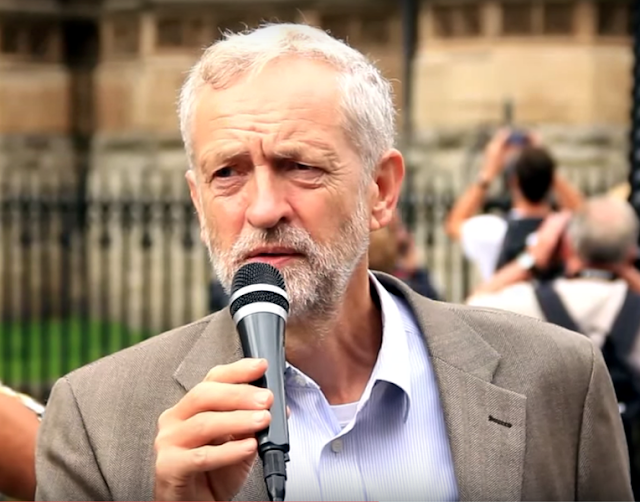INSTITUTE FOR FISCAL STUDIES: Labour manifesto – an initial reaction from IFS researchers
Labour manifesto: an initial reaction from IFS researchers
By Paul Johnson, Director,
Institute for Fiscal Studies
“The Labour Party manifesto offers a very substantial increase in the role of the state, one that is even larger than the big increase offered in their last manifesto. They estimate that their measures would push up day-to-day spending by £80 billion in 2023–24, which would be an almost 10% increase
on what is currently planned. They estimate that their tax raising measures would bring in a similar sum, which if delivered would push the tax burden well above levels sustained in the UK since the Second World War. They also plan to increase investment spending by £55 billion a year, a doubling on current levels and even more than the substantial increases proposed by the Liberal Democrats and the Conservatives.
There are risks with both the proposed spending increases and the proposed tax rises.
It will be extremely hard simply to deliver anything like this scale of increase in capital spending, at least in the near-term, certainly in an efficient and cost effective way. If the intention really is to scrap
Universal Credit and replace it with an entirely new benefit system then, as the last decade has shown, this would come with the risk of huge administrative complexity and costs. A particularly expensive commitments on the state pension age. Rather than allowing it to rise as longevity
increases, Labour wants to keep it at age 66, a very expensive pledge in the face of demographic change. This would add a projected £24 billion a year to spending by the 2050s. The commitment to abolish university tuition fees remains an expensive giveaway to the highest earning graduates and has
the potential to make it difficult to maintain a system without a cap on student numbers.
On the tax side the proposals in the Labour manifesto represent an enormous increase in the amounts they want to raise from corporation tax. If their proposals did raise the sums they suggest then we would be raising more in corporation tax, as a fraction of national income, than any other country
in the G7, and more than almost anywhere else in the OECD. This would clearly come with substantial risks. The truth is of course that in the end corporation tax is paid by workers, customers or shareholders so would affect many in the population. In the end, it is unlikely that one could raise the sums suggested by Labour from the tax policies they set out.
If you want to transform the scale and scope of the state then you need to be clear that the tax increases required to do that will need to be widely shared rather than pretending that everything can be paid for by companies and the rich.”
Click Here to Read Full Report.
The above is an initial response from IFS researchers on the Labour manifesto.
We take policy areas by turn but this is not a full assessment.
Further analysis, including costings and a comparison with other manifestos,
will be published over the next week.









